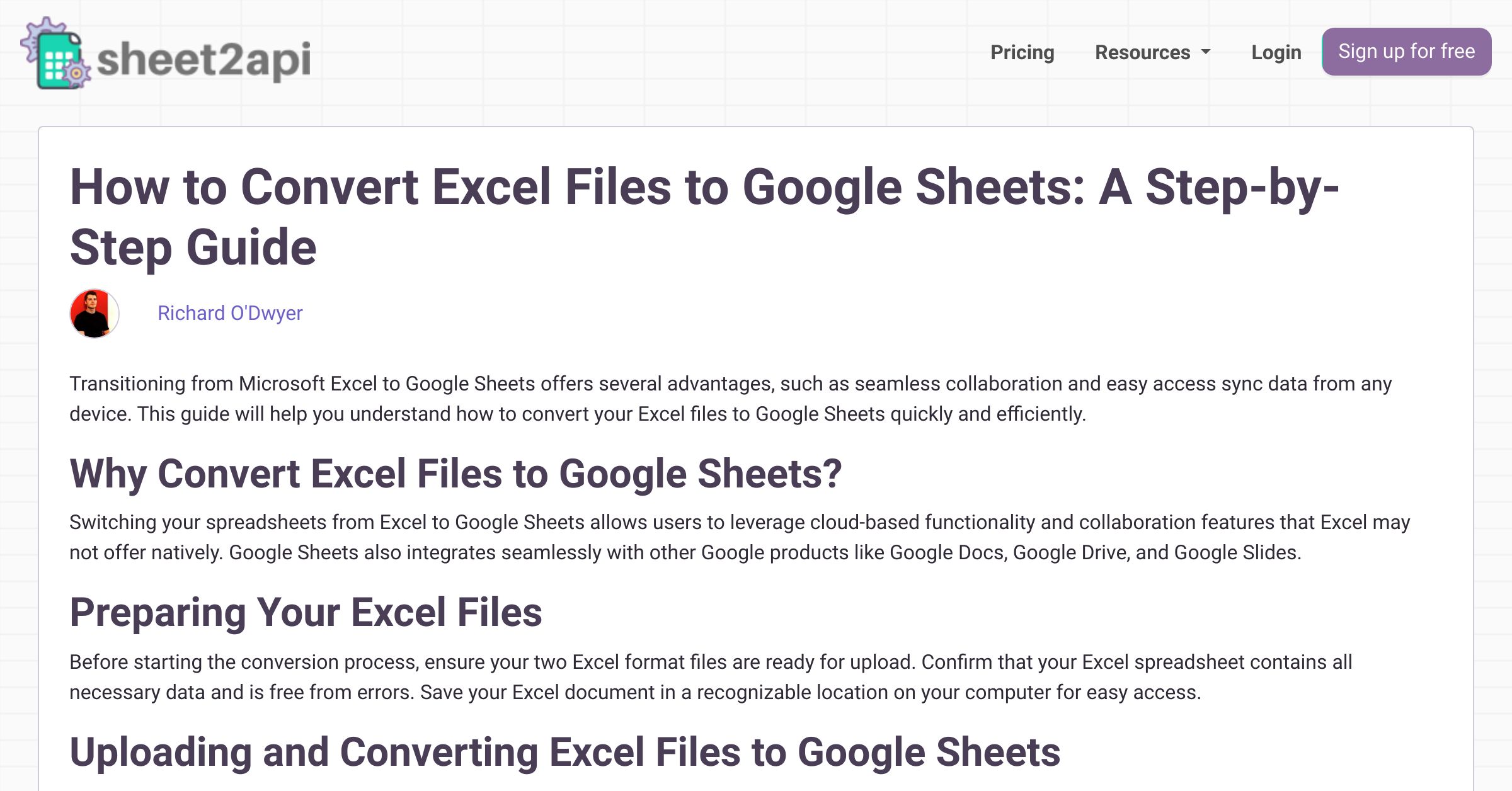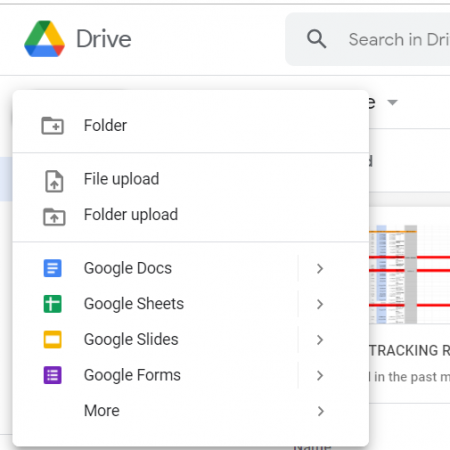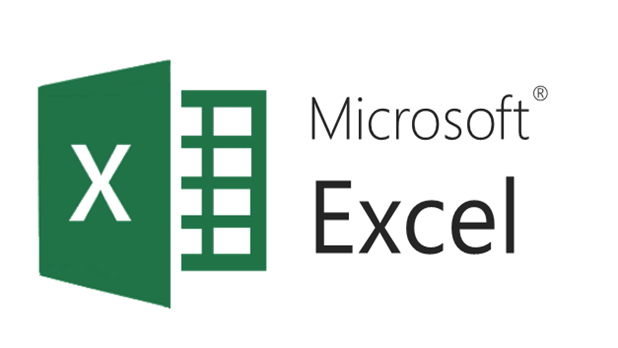Effortlessly Convert Excel to Google Sheets: Quick Guide

Switching from Microsoft Excel to Google Sheets can unlock a suite of collaborative tools and seamless cloud-based access, significantly enhancing productivity for both personal and professional use. Whether you're shifting to Google Workspace, seeking to leverage real-time collaboration, or simply aiming to access your spreadsheets from anywhere, this guide will provide a straightforward pathway to migrate your data without hassle.
Why Transition to Google Sheets?

Google Sheets has become a go-to tool for many due to its:
- Collaboration: Share spreadsheets in real-time, allowing multiple users to edit simultaneously.
- Accessibility: Access your spreadsheets from any device with an internet connection.
- Integration: Seamlessly integrates with other Google Workspace apps like Docs and Drive.
- Version History: Easily track changes and revert to previous versions if needed.
- Free and Paid Options: Offers a free basic version and premium features through Google Workspace.
How to Convert Excel to Google Sheets

Follow these steps to convert your Excel files to Google Sheets:
1. Upload Your Excel File

- Log in to Google Drive.
- Click on New > File Upload and select your Excel file from your local machine.
- After the upload is complete, right-click on the file in Google Drive.
2. Open with Google Sheets

- Right-click on the uploaded Excel file.
- Choose Open with > Google Sheets from the context menu.
- Google Sheets will convert the Excel file into a Google Sheet automatically.
3. Review and Edit the Converted Spreadsheet

Once converted, it’s essential to:
- Review the sheet for any formatting or data issues.
- Check and modify formulas, as some may not translate perfectly due to syntax differences between Excel and Google Sheets.
- Ensure hyperlinks and named ranges work as intended.
📝 Note: While the conversion is generally smooth, manually check for any complex formulas or macros which might need adjustment.
4. Save and Share

- If you want to retain the Google Sheets version as the primary source, save it by clicking File > Save.
- To share, click Share in the top-right corner and enter the email addresses of the collaborators.
Tips for a Smooth Transition

- Download for Offline Use: Use the Google Drive desktop app or the offline feature in Google Sheets for when you’re without internet.
- Formula Compatibility: Learn about Google Sheets’ formula syntax, especially for functions like VLOOKUP or IF.
- Explore Add-ons: Google Sheets supports add-ons that can enhance functionality similar to Excel’s add-ins.
- Keyboard Shortcuts: Familiarize yourself with Google Sheets shortcuts to boost efficiency.
🚨 Note: Remember, Google Sheets has a different menu structure and some unique features like "Explore," which can aid in data analysis.
The transition from Excel to Google Sheets can offer remarkable benefits in collaboration, data management, and access. Although the basic conversion is relatively straightforward, taking time to review, tweak, and understand the nuances of Google Sheets will ensure a smooth transition for both individual users and teams. By leveraging the features Google Sheets provides, you'll unlock a new level of productivity and data sharing. Let's adapt to this versatile tool to make our work easier and more efficient.
Will my Excel formulas work in Google Sheets?

+
Most Excel formulas will work in Google Sheets, but some syntax or function names may differ. For example, =SUMIF is the same, but =VLOOKUP in Excel corresponds to =VLOOKUP in Sheets with minor differences. It’s advisable to review your formulas post-conversion.
How can I keep my Excel macros after conversion?

+
Google Sheets doesn’t directly support Excel macros. Instead, you’ll need to recreate these in Google Sheets using Google Apps Script, which is the equivalent scripting platform.
Can I revert back to Excel from Google Sheets?

+
Yes, you can. Simply open the Google Sheet and use File > Download > Microsoft Excel (.xlsx) to download a copy in Excel format.